#gender identitty
Explore tagged Tumblr posts
Note
CHEERS! TAKE A DRINK IF YOU SMASHED THAT GENDER IDENTITTY TO DEATH!!!

YEAAAAAAAAAAAAAHHHH!!!!!!!!
[He takes a big swig of his drink aaaand immediately proceeds to choke on it.]
[Luckily he doesn't, like, spit it up or anything, but he does spend the next two minutes coughing up a lung.]
22 notes
·
View notes
Text
guyysss im struggling with my gender identitty and sexuality again 😭😭
foe now ill be going, in short, as queer. but i identify as a they/he/bro/it trans genderqueer lesbian.
#lgbtq community#lgbtq#lgbtqia#lgbtqiia+#trans community#trans#genderqueer#lesbian#male lesbian#gender identity#rare sexualities
19 notes
·
View notes
Text
hm. gender identitty pondering at 4am. unsettling
4 notes
·
View notes
Text
Questioning my gender and whether I want to get top surgery, call that an identitty crisis
27 notes
·
View notes
Text
tagged by the incomparable @briarhips to post nine book recs <3 sorry so many of these are classics im going thru smth
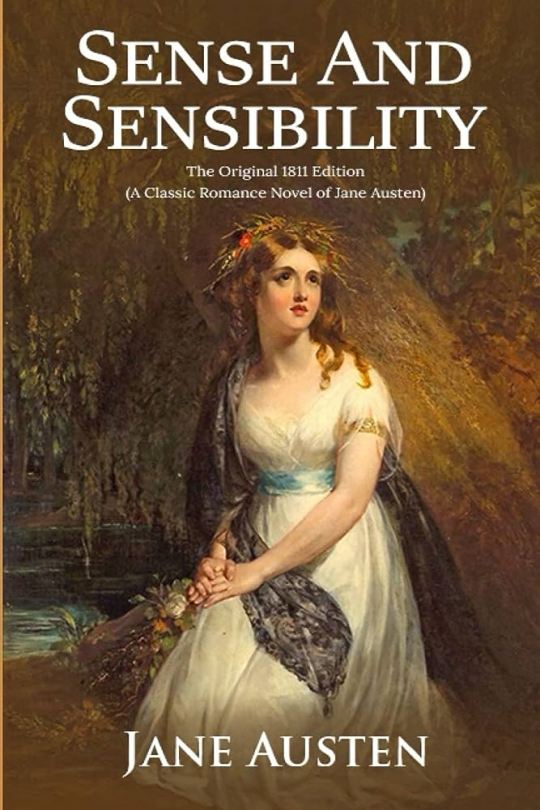

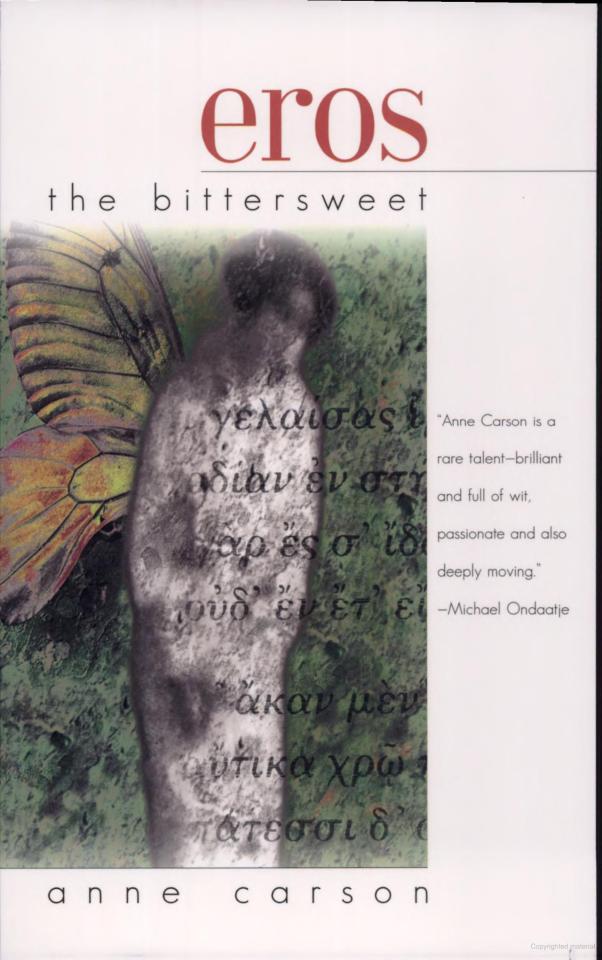

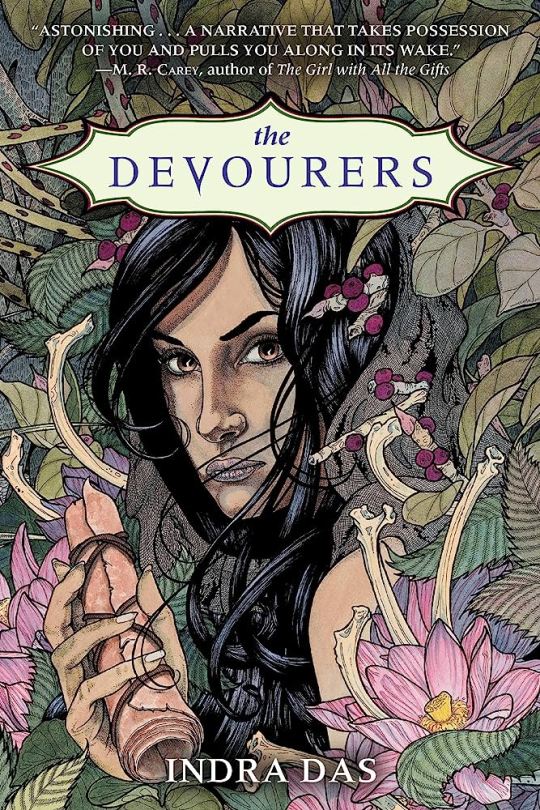
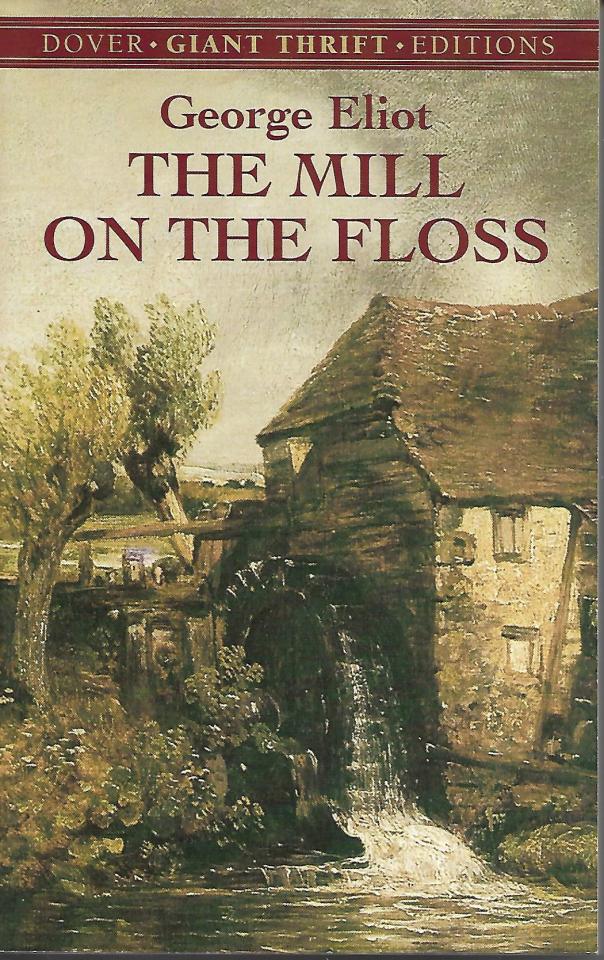
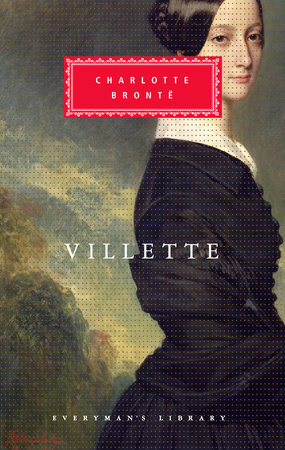


Sense and Sensibility, Jane Austen: This is MY Austen of choice. I'm doing a reread atm and it's very Emma in it's social commentary but this is THEE eldest daughter book of all time. Maybe I just like when characters are super repressed but if you want to see a woman (who has spent 200 pages being soooo hinged) have the most cathartic breakdown about it......
Identitti, Mithu Sanyal: For fans of Kuang's Yellowface who want a bit more of an academic lens! Our main character, a 2nd gen Indian-German woman, spends years of her life in the trenches of postcolonial study under a seemingly Indian woman who is then exposed as white. It doesn't give you any easy answers but it provides a lot of scholarly resources and leaves a lot of space to come to your own conclusions. Read it on a plane. Kinda fire.
Eros the Bittersweet, Anne Carson: We all know Carson. But I'm picking a nonfiction essay instead of Autobiography of Red or her translations mostly because this one takes you behind the curtain of a lot of her famous translations when it comes to the aspect of love. I'm not really nonfiction girl in general but this was worth it
Chain Gang All Stars, Nana Kwame Adjei-Brenyah: Speculative abolitionist fiction! Set in a near future where prisoners can compete in death matches to try and win their freedom. I've honestly read nothing like this...ever, like it's in a league of it's own but if you're a fan of the way footnotes were used in something like Babel you're gonna wanna check this out. Multiple povs (really interesting pov switching from a craft perspective actually) overlap to paint a stark and realistic depiction of American prisons.
The Devourers, Indrapramit Das: This was described to me as "IWTV but with werewolves and in Mughal India and actually really good" and while that's a pretty comprehensive plot summary it does not even begin to cover the shit this novel goes through. This is a book about transformation and stories and what letting a story live in you can do for you. The werewolves are kinda obviously a genderqueer allegory as well (as they often are in sff lmao) but when the interviewer himself starts talking about gender in his experiences you can see how that changes the story he's transcribing and it's just very cool. Heavy trigger warnings on this one though. Don't read if you can't handle a bit of piss (they are wolves). Writing style wise feels very similar to the magical realism of The Hungry Tide if that's ur bag
The Mill on the Floss, George Eliot: In the way that s&s is my Austen, this is MY Eliot. A classic story about women of this era who cannot fit into the boxes society lays out for them. A failed romance brands the main character an outcast in their town in a way that is. Hear me out. Fucking Utenaesque. Follow for some classic tragedy and themes of water....I would compare this more with like Dickens Bleak House than Austen though.
Villette, Charlotte Bronte: Once again. MY Bronte. Maybe it's just cause I read this before Jane Eyre but literally I do not understand why Miss Eyre gets so much more love than my girl Lucy. In broad strokes the story is about an English girl who ends up having to support herself by moving to France and becoming an English teacher at a girls boarding school. She's also plagued by a terrifying apparition of a nun, because this is Charlotte we're talking about and there's a bit of Catholic v Protestant thing going on. I read this during the very early pandemic and let me tell you some of the descriptions of isolation and loneliness are soooooo. yeah.
Monstrous Regiment, Terry Pratchett: Listen. Like, listen. It's that good. I wouldn't put a discworld novel up against fucking chain gang all stars unless it was THAT good. This is a classic 'girl dresses up as a boy and goes to war to find her brother' story. It definitely started as a commentary on folk songs/stories but it is at it's heart a novel long criticism of imperialism, nationalism, and organized religion (there's jokes though it's funny). Also not to be that guy when it comes to LGBTQ book recs but the thing came out in 2002 and it's surprisingly thoughtful when it comes to both gender and sexuality. You do not have to be a fantasy fan or a discworld fan to read this. If you gave Pratchett a try and didn't like it i STILL insist you give MR a shot. It is in a league of it's own.
Wives and Daughters, Elizabeth Gaskell: Do not be scared off by the sheer length of this one. It's fucking silly. This is one of my faaaaaaaave 1800s novels about class. We have juxtaposition between Molly's family (her father is a gentleman but a working doctor) and the landed gentry but also this divide between the uneducated Squire and his Cambridge bound sons and another one with the 'new money' gentry. There's also quite a lot of early science and anthropology documented in this (Gaskell and Darwin were besties) if that's interesting to you. WARNING: SHE DIED BEFORE SHE FINISHED THIS. ITS LIKE 99% DONE THOUGH
This was a hard list to narrow down but I have to include (at least as honorable mentions): Ling Ma's Severance/Bliss Orange, Cixin Liu's Three Body Problem and the SFF POC anthology New Suns
tagging: @weltonreject @bronskibeet @gaymersrights @orchidreign @brechtian + any and all mutuals i know ive forgotten <3
12 notes
·
View notes
Text
The importance of representation in Film and TV
So today, I watched the Netflix documentary, “Disclosure” which followed iconic trans women across the film and tv industry discussing the history of trans representation in film.
While I liked the film overall, there was one quote used that really stood out and it was cited from a person called Marian Wright Edelman, the president of the Children’s Defense Fund.
The quote said, “Children can not be what they can not see...”
I can relate to that, in regards to my own questioning. As a kid, I had never realised that transitioning gender was an option, nor did I realise about the vast spectrum of gender identity that was there beyond the binary.
It wasn’t until I started looking into the LGBT+ community when I was questioning my sexuality in secondary school that I learned of trans people and it wasn’t until Year 11, when I joined a local LGBT group that I would meet trans people in real life, especially around my age.
It was going through that process that I realised I had questions beneath the surface I didn’t realised I had. But why didn’t I ask those questions before?
To put it simply, there was little to no representation for me to take reference from. There was more than plenty enough reference to sexuality, both deregotary and respectful but it was there for us to see and learn from. However, I can’t even remember a show or film I watched around primary to early secodndary school where I saw a trans character on the screen.
This is a message that must be repeated, for every context that it applies to, from gender identitty to race to sexuality and so on, representation matters and we need more of it if we want to help ourselves find the answers to the questions we’ve all hidden inside ourselves.
0 notes
Text
Review: Identitti by Mithu Sanyal
"Identity does not determine the things we do, but it does determine the things other people do to us." (S. 410)
They still exist, the novels that turn one's worldview completely upside down. "Identitti" by Mithu Sanyal is one such novel. Immediately after I finished reading the novel, I rushed to my PC to type these lines, so as not to lose the feeling that the novel had created in me. It has been working in me for days. The story has opened up a field of themes for me that is completely contrary to what I assumed up to now.
Scandal! The famous professor Saraswati is in fact white and has only lied to everyone about her Indian identity. Is it even a lie? Her student Nivedita, at any rate, is shocked by the revelation, she feels cheated and deceived. She immediately goes to her professor to get answers. Answers to the question of why Saraswati did what she did, but also to find herself and her tangled identity.
Nivedita is the protagonist of the novel and at the same time her story cannot be told without Saraswati. Nivedita's mother comes from Poland, her father from India, and she herself grew up in Germany. Is she now Polish, Indian, German? All her life, Nivedita has been looking for confirmation from outside, putting on other people's identities like others put on clothes. First this happened in the form of her cousin Priti, who grew up in England in a strong Indian community, then later with her professor Saraswati, who teaches postcolonial studies at the University of Düsseldorf.
The novel tackles a highly sensitive and heatedly debated subject area: Identity and Identity Politics, and at the same time it wraps up the subject in a witty and brisk read. I was gripped by the style from the start and soon by the subject matter. The narrative focuses strongly on intellectual discourse, but without overloading it with scientific jargon.
What moves me most personally, however, are the questions that are opened up here: If categories like race and gender are just social constructs, what constitutes our identity? Where do the lines run between identity, cultural appropriation and blackfacing? What makes us us?
The novel does not provide clear answers, because there are no clear answers to these questions. But it provides plenty of material to think about.
It is also interesting how the novel is arranged. It is a collage of different media: classic narrative text, transcripts of radio broadcasts, newspaper columns, tweets, Instagram posts and so on. Almost like real life is a collage of different aspects. For many of these posts, the author asked actual people to contribute. She described the context of her novel to them and asked them to write a tweet as spontaneously as they would if they read about a case like the Saraswatis. And indeed there was. In 2015, Rachel Dolezal was outed by the press as white, who until then had been living as a Black woman (unlike Saraswati, whose identity is POC). The case inspired Sanyal to write her novel.
"Identitti" is, despite everything, fictional, although real people appear and all the places mentioned also actually exist. But this does not diminish the questions the novel raises, as they have an all too real impact on all our lives.
If race, like gender, is only constructed, then why should it be okay to hormonally and surgically adapt one's own body to one's identity in the case of gender, but not in the case of race? Where is the difference? This question has bothered me from the beginning. I don't have a clear answer yet, but I am fascinated by this question. Perhaps there is no need for a clear answer. In any case, I have learned that there is a term, transracial, that describes what Saraswati lives.
In my search for answers in the novel, I noticed with interest how the characters engage in discourse around it. Saraswati's opponents are outraged. They accuse her of cultural appropriation, racism and blackfacing. Saraswati counters them with numerous arguments. But while her opponents are just spouting phrases, Saraswati is able to give them calm and level-headed (if occasionally a bit populist and flashy) whole lectures to justify why she did what she did, making well-substantiated arguments and numerous cross-references to academic literature. One particular passage caught my attention:
""Are you going to claim to be Aboriginal next, then, when everything can be interchanged?" sneered Oluchi's friend." (S. 244)
When I first heard about the fact that apparently you can actually change physical characteristics to make passing as transracial (cisracial?) possible, I was confused. Race for me until then was something inherent, something you are born with and that is not changeable. I can't suddenly be Black, I am, after all, white.
But the same is true of gender. I have the gender I have, I was just assigned a different one at birth. What Oluchi's friend says here is one-to-one TERF rhetoric, only applied to race instead of gender. Race as a category was artificially created. Race is not linked to physical characteristics, race has no biological basis, but oppressors use physical characteristics to support their theories. The same happened with the category of gender.
Maybe that was the moment that made me change my mind. In the epilogue to the novel, Sanyal mentions the text "trans. Gender and Race in an Age of Unsettled Identities" by Roger Burbaker. I haven't had a chance to read it yet, but this text also seems to relate the categories of race and gender. So it sounds like a worthwhile further read.
I do have one criticism, however. Precisely because the novel relates race and gender as categories, I would have expected gender to be dealt with as sensitively as race. But that is not always the case. The novel is gendered throughout, so there is an awareness of the subject. A genderqueer cis woman does indeed appear. Nivedita is initially confused as to whether Toni is a man or a woman when she appears, but then nonetheless genders her based on physical characteristics before asking Toni for her pronouns. I think a gender-sensitive reading could have tweaked this a bit.
I don't know if this society is ready for the discussions the novel opens up, but it would be nice if it was. The novel is definitely a good and important loud voice on this.
"To say only gender can be truly trans is the same as trying to distinguish real science from ... other forms of knowledge-making, high art from low art, art from craft." (S. 243)
Possible triggers - experiences of racism - Racist attacks - terrorist attack in Hanau is addressed - toxic relationship
Advertising according to §6 TMG Series information Author: Mithu Sanyal Title: Identitti Language: German Cover illustration: Raja Ravi Varma: Kali, before 1906 Series: No Pages: 424 Original price: 22€ Publisher: Carl Hanser Verlag Genre: Fiction ISBN: 978-3-446-26921-7
Originally posted on 15/01/2023
#book review#bookblr#identitti#mithu sanyal#fiction#race#gender#racism#the novel has an English translation
2 notes
·
View notes
Text
I get high to forget the crushing weight on my chest of what's bound to it
747
3 notes
·
View notes
Text
My gender is:
unisex
#gender#post#identity#gender identity#nb#unisex#non binary#pride#gender identity more like gender idenTITTY#lgbtqia#lgbtq#troll#ima troll#trollolol#lolololol#its a song#look it up#queer#wlw#mlm#glg#i aspire to be a gentlegender looking like a fuckgenda#genders will be genders#lets just say gender instead of man or woman or whatever indication to a binary categorization#m'gender#your genderness#stole the idea from lake fama's wife#cuz i thought it was brilliant#gender presentation#atla
4 notes
·
View notes
Note
Not a question, you're just hot and amazing and tbh you've made me question my gender identity more than once through sheer force of awesomeness and boobs
Gender IdenTITTY.
44 notes
·
View notes
Text
Entry 81: Homophobic Leo
Paralogue 16: Abducted
Leo takes Elise to meet Forrest, but is unhappy about meeting his son again. Niles reports that brigands have attacked a village and that the villagers were healed by a beautiful female troubadour. Leo freaks out and runs in to the village to talk to the troubadour...Leo’s son Forrest. Forrest reveals he left the baby dimension to get supplies for new dresses. Elise praises her nephew’s fashion sense. Leo calls Forrest a disgrace, because Leo is not a good father in this Support. Forrest runs away crying and is kidnapped by brigands. Elise runs in to save Forrest. Leo stays behind because he’s fucking awful.
What is it with the Paralogues and making me hate this game’s characters? Jakob is flat out abusive, Xander praises his son for keeping silent when he’s in danger, and all of them are guilty of basically abandoning their children. The worst is Leo, who is just a douchebag in this chapter, hating his son for not being traditionally masculine. And that’s ignoring the subtext of homophobia. Great job, Intelligent Systems, uou made your intelligent hero who the audience is supposed to root for act like a homophobic cunt.
Also, for clarification, I’m referring to Forrest as “he” because the game does. A trans interpretation is not hard to assume, but liking pink and wearing skirts is something cis dudes can do. Not that I would expect a Fire Emblem game to respect a trans character’s gender identitty, given Intellegence Systems less than steller LGBT representation.
This chapter has a neat gimmick. As soon as you first fight an enemy, the enemies will decide to kill Forrest, forcing you to stealth around then rush in to save him. The chapter’s boss, Gazak, is capturable. Unfortunately, I tried to weaken him up with Felicia and got a crit, so I guess I won’t get another captured boss who I don’t plan on using. Felicia’s level up quote is “Does this please you?” and no Felicia, it didn’t.
As Forrest is going home because his father doesn’t love him, a villager he saved runs up and thanks him for saving his life. Leo apologizes for being a dick and asks Forrest go come with him. Forrest says yes and talks about trading fashion tips with Elise. Unfortunately, they do not have any Supports together.
Forrest
Leo’s Troubadour son. Very feminine, into fashion and dresses. Him healing visitors and telling off his father is nice, but the whole damsel in distress kidnapped thing sucks. Let feminine men beat people to death with their bare hands! His pink design and braids actually make him look a lot like Elise, which I suposse makes sense. I'm not fond of the berret, it looks weird because it seems to be covering up a crown. His personal skill, Fierce Counter, causes him to deal extra damage when attacked by male enemies, including Faceless for some reason. Because nearly all generic enemies are male, this is a decent skill.
Gazak
The real character I wanted to recruit, this ridiculous looking fighter with a massive scar on his bald head and the creepiest smile. He reminds me of Arthur for some reason.
Support: Forrest/Leo
C: Leo finds Forrest sewing. Forrest tries to hide it but Leo, tring to be less shitty, says it's okay for Forrest to follow his passions. The two of them talk about a time, when Forrest was a child, he put on an old dress of Elise's and Leo called him cute. Forrest says he always wanted to wear elegent gowns and cute accessories and that looking like a beautiful princess helped him forget his loneliness.
B: Forrest goes to a church to pray for soldiers to come home unharmed. Leo tells him that he will eventually inherit his magic book he uses to execute prisoners, Byrnhildr. Forrest says no, because he wants to follow the gods and hurt those in need. Side note, what gods? There isn't much information on what Nohrian religion is like. Do they worship Anankos? The Dusk Dragon statues and no one being weirded out by Garon implies they do, but that's kinda incongruous with the plot of Revelation.
A: Leo says its noble for Forrest to not want to hurt people, but explains that weapons can be used to protect people from evil. Leo says that he has faith in Forrest and trusts he will use the tome for greater things than he evil did.
Review: Man, what can I evens say about that C-Rank? There’s so much to unpack about Forrest's’ daddy issues and gender identity. Setting that aside, Forrest not wanting to hurt people and Leo trusting Forrest to be better than him is great.
Support: Forrest/Mother
C: Forrest makes his mother a dress.
B: Forrest runs into an old man who is lost. Random townsfolk mock the old man for being senile. After helping the man, Forrest wants to lock himself in his room because he's so sad about people being mean.
A: Forrest's mother wears the dress to town and gets complimented. Some random woman praises her for raising such a nice daughter. Forrest does not react to being called a girl.
Review: Bland, dumb, and boring.
Support: Corrin/Forrest
C: Forrest embroiders a dress. Corrin says she struggles to see Forrest as anything but a young lady. Forrest says that isn't strange.
B: Corrin asks to go shopping with Forrest. He says no, because he doesn't want Corrin to be embarrassed for being seen with him. Corrin doesn't give a shit and says that the world needs to grow and accept Forrest. #Ally.
A: Forrest talks about how people like him and the canonically non-het Corrin should be seen as ordinairy parts of society, rather than being invisible.
S: Forrest proposes by sewing a wedding dress. Corrin says yes, even though people who look like young ladies aren't usually her type. But not never her type, I’d like to note! Also Forrest wants to sew himself a wedding dress to wear.
Review: Goddamn Forrest is queercoded. Like, at what point does it stop being subtext and just become text? Also the speech about not being invisible is lit.
Support: Moron/Forrest
C: Corrin flat out asks if Forrest is gay. Forrest says, explicitly, that he is only attracted to women.
B: Forrest says the he identifies as male, just likes girly clothing. Corrin stares at Forrest because he thinks he's hot. Which honestly should happen in more conversations with Corrin and other men.
A: A shopkeeper kicks Forrest out after finding out he's a guy. Forrest is saddened that a seemingly kind man could be so bigoted. Corrin says Forrest looks amazing and gets flustered when Forrst asks if he has feelings for him.
Review: This one confirms that Forrest is cishet. Which is fine; like I said, gender norms are bullshit and anyone can dress however they want. Corrin sure isn’t though.
#forrest fire emblem#leo fire emblem#corrin fire emblem#forrest fe#leo fe#corrin fe#fire emblem#fire emblem fates
24 notes
·
View notes
Text
what!!?? oh uh 😧 idk what terf is. is that like the wars from splatoon?? idk but i would rather be that than a transmed. but why shouldnt i be serious??? gender is bad and is holding everyone back. humanity would be so much better without gender. no gender identitties = no gender norms. is that wrong??!? it honest to frog would be that easy to solve sexism. no sex = no sexism
ugh. that headcanon s***** posted made me feel so dysphoric... i would never use gendered terms like that :(
8 notes
·
View notes
Photo
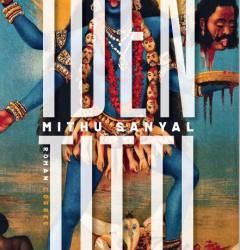
To all my Dutch followers: if you read one (1) book this year, make it "Identitti” by Mithu Sanyal.
Blurb:
Het is een enorm schandaal: prof. dr. Saraswati, dé professor voor postkoloniale theorie, gender- en identiteitstheorie, beweerde altijd dat zij van Indiase afkomst is. Maar ze heeft haar huid laten kleuren en komt gewoon uit een Duitse familie. Hoe moet haar studente en grote bewonderaar Nivedita de mediahype en shitstorm rond de fake-kleur op haar populaire identiteitsblog ‘Identitti’ becommentariëren? Moet ze haar geliefde docente nu aanvallen of verdedigen? Waarom deed Saraswati dit, wat zit erachter? Als je gender fluid kunt zijn, geldt dit dan ook logischerwijs voor je huidskleur? Of zijn sekse en huidskleur biologie, maar is gender een keuze? Wat een verwarring, en wat een spagaat tussen theorie, praktijk en emotie! De lezer vliegen haatberichten, dogmatische tweets en modieuze onzin om de oren, maar ook – en dat maakt deze roman zo boeiend – buitengewoon heldere inzichten in de veranderingen van de tijdgeest. Professor Saraswati houdt zich knap staande, ook als haar volgelingen bij de universiteit haar ontslag eisen. Het is Mithu Sanyal met dit literaire huzarenstuk gelukt om theoretische inzichten net zo meeslepend te beschrijven als relatiestress, liefde en de afgronden van de ziel.
2 notes
·
View notes
Note
gender identitty
shirt that says this and booty shorts that say "ASSigned gender at birth"
67 notes
·
View notes